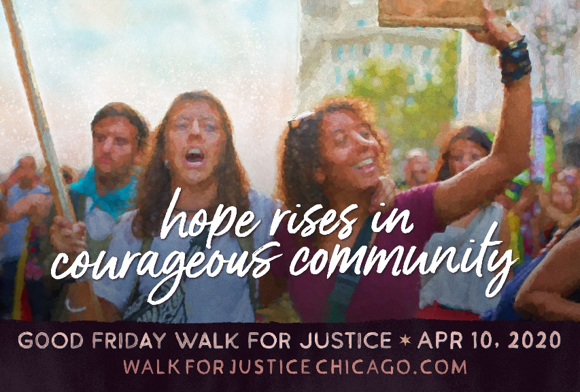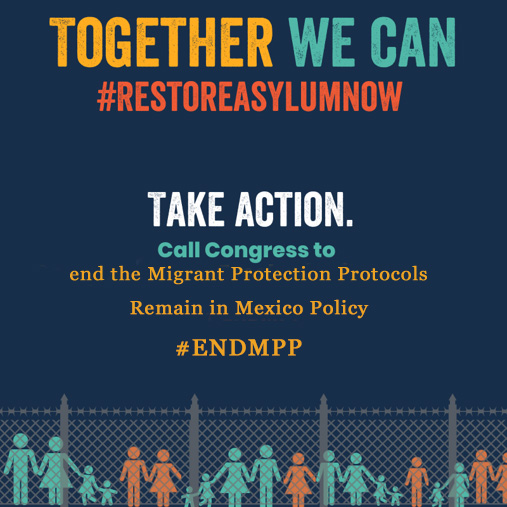A dynamic, arts-based workshop that will involve participants in a collective exploration of the conflicts we face surrounding epistemological diversity and inclusion in higher education. Discuss approaches to decolonizing knowledge and learn strategies to address different epistemologies. This workshop will be facilitated by Fany Aguinda, an indigenous Kichwa youth leader from Tzawata, Ecuador and Chelsea Viteri, a mestiza educator-facilitator-artist from Quito, Ecuador. Fany and Chelsea are members of the Pachaysana Institute, a collective of Ecuadorian and international educators, teaching artists, development specialists and community organizers who seek to bridge the divide between community development and international development, as well as between local and global education.
University education is shaped and guided by western epistemologies. Clearly, this eurocentric approach to knowledge has made innumerable contributions to contemporary life. Nevertheless, it goes without saying that non-western epistemologies and ontologies have been excluded — even obliterated — in its name. Bonaventura de Sousa Santos refers to these alternative ways of thinking as “Epistemologies of the South,” and the acts against their inclusion as epistemicide — an integral part of an ongoing colonial project of domination over territory, resources and human bodies. For most of us, epistemicide is a subtle but violent act and one that we never perceived during our education. However, it has resulted in collective biases related to how we define what is legitimate knowledge and who can be viewed as a legitimate knower. Our views are often limited to a western legacy, which is tied to colonial and patriarchal violence. Even in projects with the best of intentions, this limited epistemological framework often results in work that is extractive and exploitative of communities, yielding scarce benefits to those outside of the ivory tower. What then, would it look like to decolonize community-university partnerships for the common good?
This event is free and open to the public.
Co-sponsored by the Global Learning Office (GLO), Center for Native American and Indigenous Research (CNAIR), Latinx Studies Program, Department of Theater, and the Searle Center for Advancing Learning and Teaching at Northwestern University. In partnership with the Center for Experiential Learning and the Latin American Studies Program at Loyola University Chicago.
See Eventbrite page and RSVP here.
***Please note that Fany and Chelsea will conduct a similar workshop at Loyola University Chicago on Friday, March 13 from 12-1:30 PM in the Mundelein Center 1410.***


